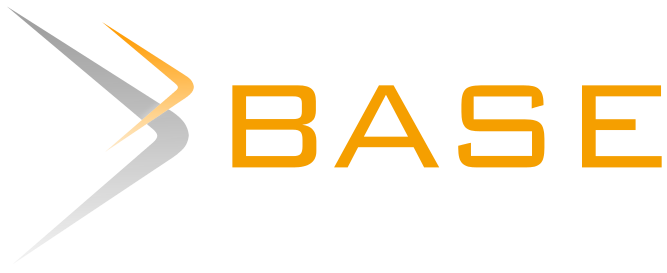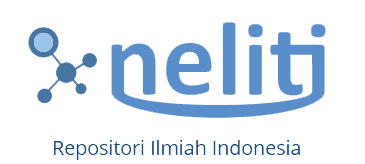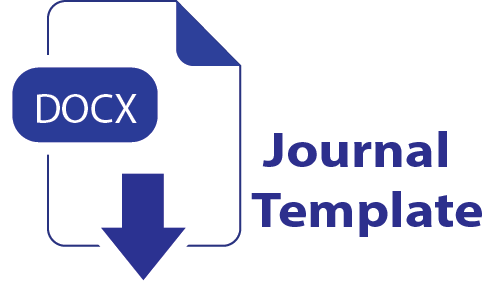Analysis of Community Financial Literacy Levels towards Sharia Financial Institutions, Case Study in Menganti Village, Jepara Regency
DOI:
https://doi.org/10.36982/jeg.v9i1.4215Abstract
Objective: This research aims to analyze the level of community financial literacy towards sharia financial institutions in Menganti Village, Jepara Regency
Design/Methods/Approach: This research uses a quantitative method with a survey approach, where data is collected through questionnaires distributed to the Menganti Village community.
Findings: The research results show that the level of sharia financial literacy of the Menganti Village community is in the medium category with an average score of 71.99%. Basic knowledge of sharia finance had the est score with 83.52%, followed by sharia investment dimensions (71.85%), sharia savings and loans (66.67%), and sharia insurance (65.93%).
Originality/Value: This research has significant novelty with its specific focus on community financial literacy in rural areas, which until now has received little attention in the academic literature. Most previous research places more emphasis on financial literacy in urban areas or in the context of conventional financial institutions.
Practical/Policy implications : the research recommends to stakeholders, including Bank Indonesia, the Financial Services Authority, sharia financial institutions, and educational institutions, to further strengthen and expand sharia financial education in society.
Downloads
Published
How to Cite
Issue
Section
License
Copyright (c) 2024 Nely Pontiningsih, miswan ansori

This work is licensed under a Creative Commons Attribution-ShareAlike 4.0 International License.
Authors who publish with this journal agree to the following terms:
- Authors retain copyright and grant the journal right of first publication with the work simultaneously licensed under a Creative Commons Attribution License   that allows others to share the work with an acknowledgement of the work's authorship and initial publication in this journal.
- Authors are able to enter into separate, additional contractual arrangements for the non-exclusive distribution of the journal's published version of the work (e.g., post it to an institutional repository or publish it in a book), with an acknowledgement of its initial publication in this journal.
- Authors are permitted and encouraged to post their work online (e.g., in institutional repositories or on their website) prior to and during the submission process, as it can lead to productive exchanges, as well as earlier and greater citation of published work










